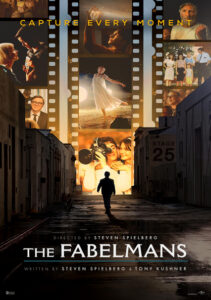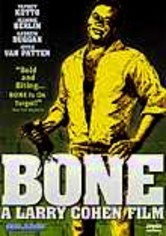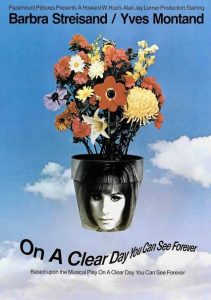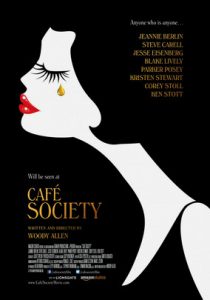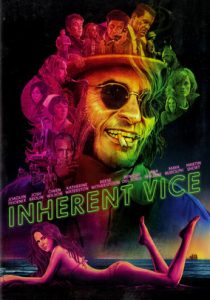The Fabelmans-2022
Director Steven Spielberg
Starring Gabriel LaBelle, Michelle Williams, Paul Dano
Scott’s Review #1,324
Reviewed December 17, 2022
Grade: A
At seventy-five years old, Steven Spielberg continues to produce heartfelt films that are personal and resonate with anyone who sees them. Rebounding with creative energy with the remake of the brilliant West Side Story in 2021, he continues to impress the older he gets.
In what is undoubtedly his most personal film, The Fabelmans (2022) is semi-autobiographical, telling the story of a young boy’s venture into the world of filmmaking.
The boy is presumed to be Spielberg himself.
The Fabelmans is Spielberg’s thirty-third film, and I’d be hard-pressed not to say it’s one of his best. He loses no ground in creating a lovely tale of family, dreams, human bonds, and a bit of scandal.
The director takes a fond look back at his boyhood in New Jersey and the family’s subsequent move to his primary childhood home in Arizona. From there, he goes to California to launch his film career.
Of course, the Fabelman family’s obstacles, trials, and tribulations sometimes get in the way.
Young Sammy Fabelman (Gabriel LaBelle) falls in love with movies after his parents take him to see ‘The Greatest Show on Earth,’ a film about a carnival, in 1952. His life changed forever after viewing the riveting train crash.
Sammy begins making his films at home, much to the delight of his supportive mother, Mitzi (Michelle Williams), who is, at heart, a dreamer and an artist like Sammy. His father, Burt (Paul Dano), a computer engineer, views filmmaking as merely Sammy’s hobby and something he will outgrow.
The story is heartfelt and compelling, with sentimentality and emotion that only Spielberg can create, without ever feeling phony or forced.
To my surprise, I was teary-eyed more than I ever thought I would be, mainly because the characters feel genuine and filled with humanistic sensibility. They are good people trying to do good things for each other.
Particular standouts are LaBelle, Williams, and Dano, but the cast is tremendous all around. Seth Rogen gives a career-best as Sammy’s father’s best friend and colleague, who harbors a family secret.
Judd Hirsch hits it out of the park in the small but powerful role of Mitzi’s uncle. He provides invaluable words of wisdom to Sammy and a bit of understanding about his mother.
Williams most enthralled me, and several of her scenes brought tears to my eyes. She delivers a beautiful performance as an artist who never saw her dreams realized, instead living vicariously through her son, another dreamer.
That doesn’t mean that Mitzi is unhappy, quite the opposite. She is often childlike in her approach, buying a monkey for entertainment simply because she needs a laugh. When a secret about his mother is revealed to Sammy while editing his film, it threatens to ruin their close relationship.
Dano, stoic as the methodical and quiet Burt, has deep-seated thoughts and emotions. The actor is brilliant as his range of emotions remains within himself while brimming to be let out.
Finally, LaBelle anchors the film in his debut effort. Showcasing his talent as the insecure, lone Jewish boy living in affluent, predominantly white, Christian Northern California, he nonetheless finds love and companionship with a classmate.
Besides the wonderful characters and storytelling, Spielberg crafts tremendous editing to reinforce the beauty of the creative filmmaking process.
Technically impressive, it also exudes a passion for creating the film. As Sammy intertwines bits of film and videotapes together to make art, it’s inspiring to any lover of cinema.
The Fabelmans (2022) may be a personal story. Still, Spielberg masterfully shares it with his audience as an homage to his own family, revealing experiences and secrets that have been held close to him over the years.
The viewer will overwhelmingly connect with his silver screen family and his love of cinema, allowing them also to conjure a feeling of belonging. The film contains tremendous acting, cinematography, storytelling, and everything else.
Oscar Nominations: Best Picture, Best Director-Steven Spielberg, Best Actress-Michelle Williams, Best Supporting Actor-Judd Hirsch, Best Original Screenplay, Best Original Score, Best Production Design
